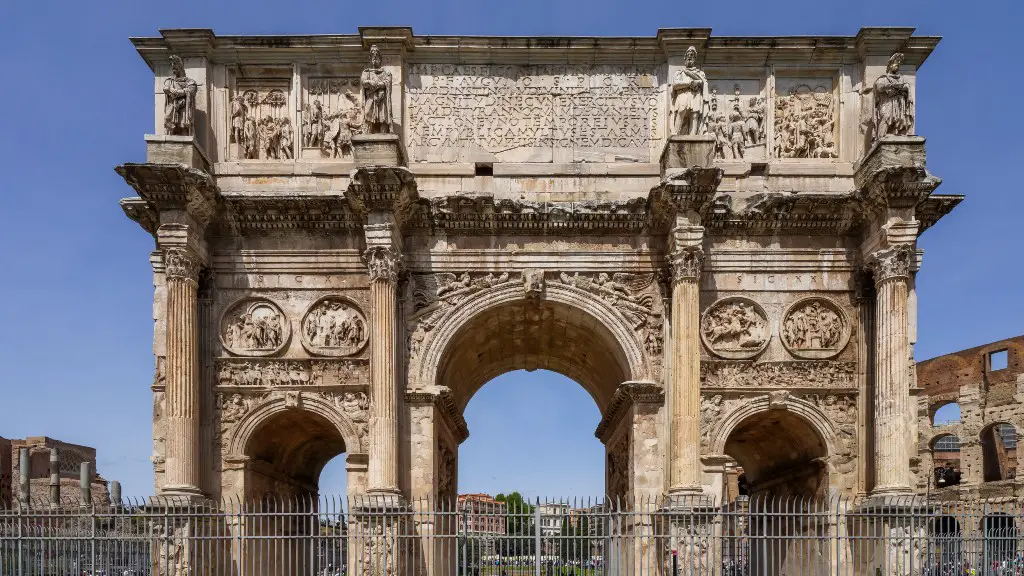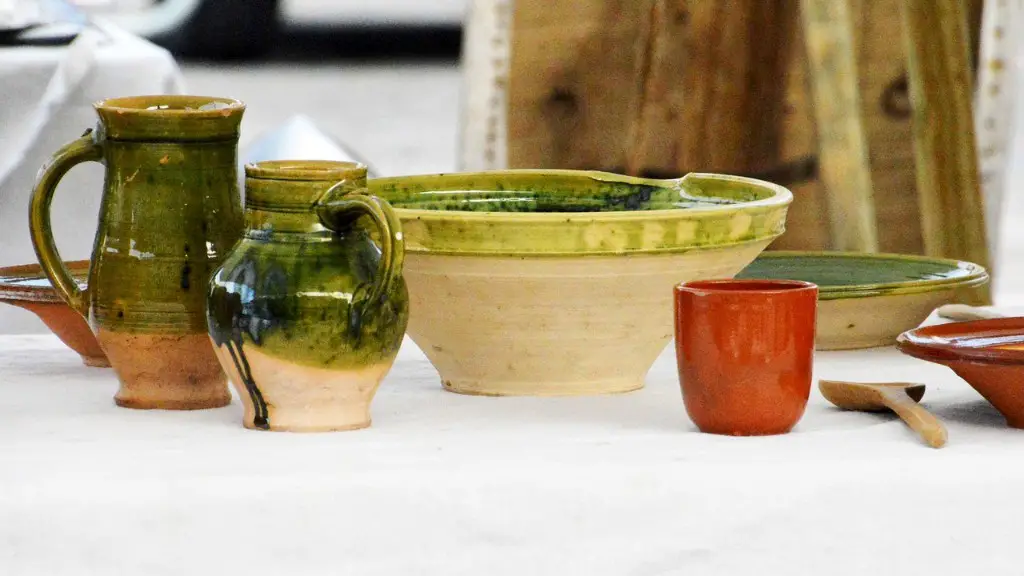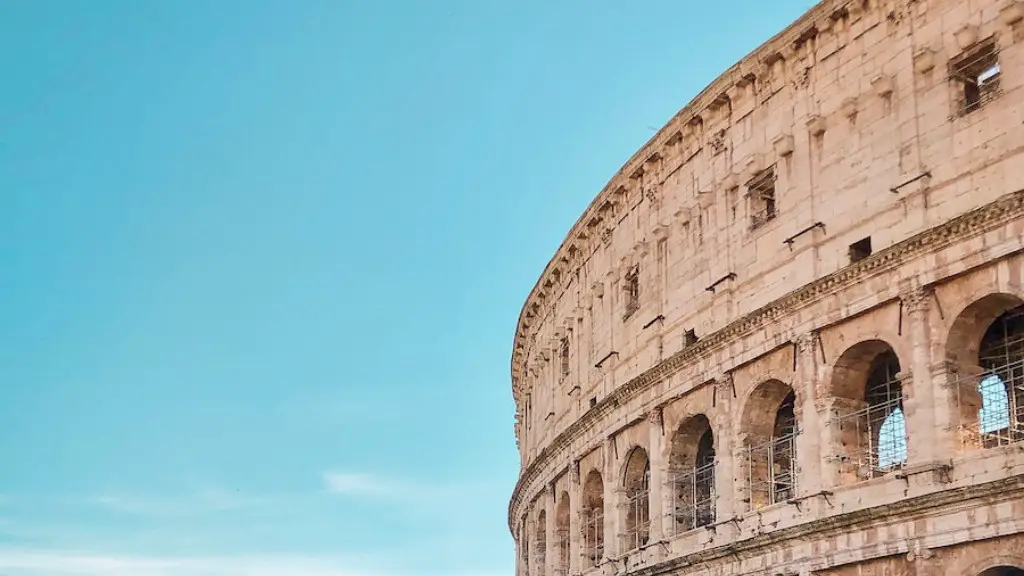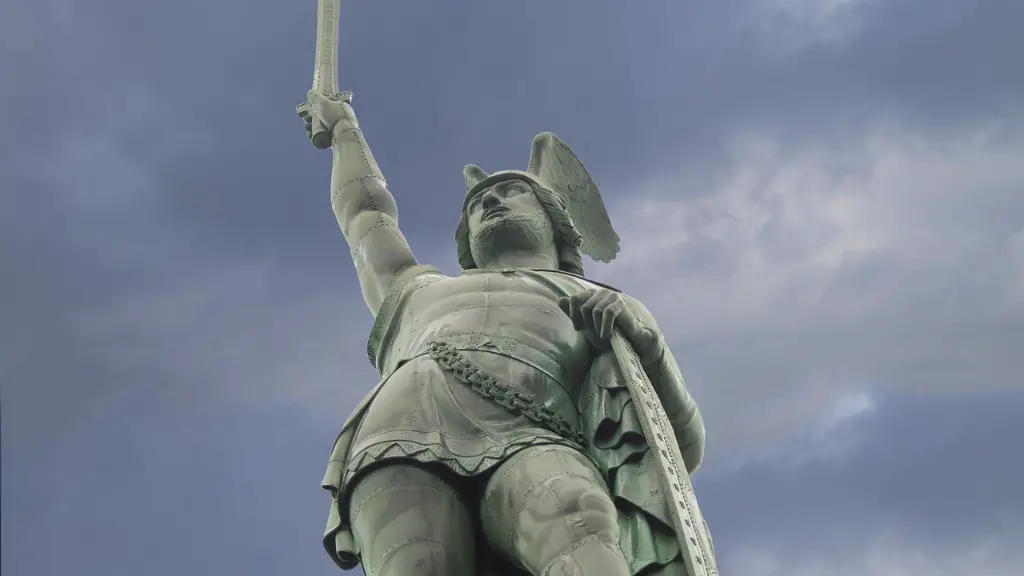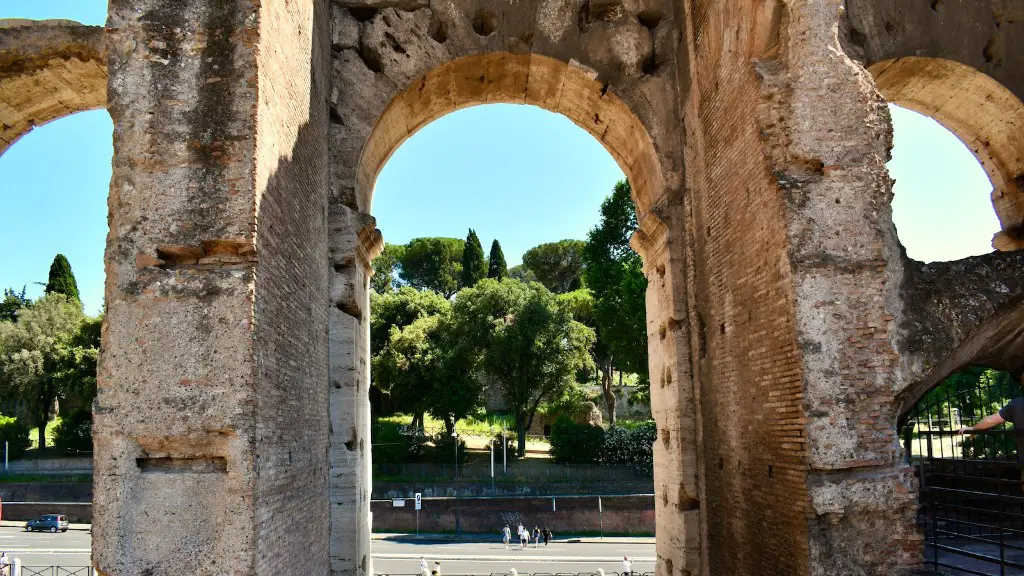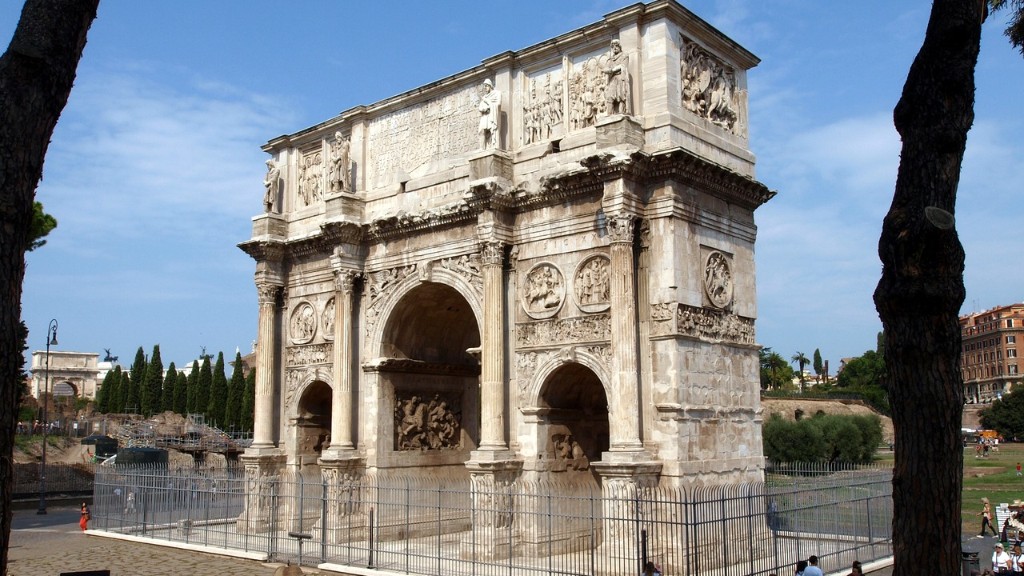The Roman Republic was founded in 509 BC, when Roman landowners overthrew the city’s last king and set up a government ruled by elected officials. The Republic lasted until the end of the Roman Empire in 476 AD. During that time, Rome became one of the largest and most powerful empires in the world. The Republic was influential in the development of Western democracy because it was the first government in which ordinary citizens had a direct say in making laws. The Republic also had a strong military and a thriving economy, which made it a model for other democracies that followed.
There is some debate over how much Ancient Rome actually contributed to democracy, but there are a few ways in which they were certainly influential. For one, the Roman Republic was one of the earliest and most well-known implementations of a representative government. Furthermore, theRoman system of law was also adopted and adapted by many later democracies. Finally, Ancient Rome was one of the first civilizations to grant citizenship to large numbers of people, including women and slaves, which helped to create a more inclusive form of government.
How did ancient Rome influence modern democracy?
Roman law was one of the most influential legal systems of all time. Many modern-day legal concepts can trace their origins back to Roman law, including trial by jury, civil rights, contracts, personal property, legal wills, and corporations. The Roman way of looking at things has had a lasting impact on the development of law and legal systems around the world.
The Constitution of the United States was heavily influenced by the Roman Republic. Many of the founding fathers were well-versed in classical history and thought that the Roman Republic was the best model for a new government. The system of checks and balances, the bicameral legislature, term limits, and age requirements were all borrowed from Rome. The Founders even used some Roman terms like “senate,” “capitol,” and “committee.”
How democratic was ancient Rome
The government of the Roman Republic was neither strictly a monarchy (rule by one) or a direct democracy (rule by all). It had democratic features but was essentially a “fundamentally undemocratic society dominated by a select caste of wealthy aristocrats” (Brown, 2016, para. 2). This select group of aristocrats controlled the government through their control of the Senate, the main governing body of the Republic. The Senate was made up of patricians, the wealthy upper class, who held all the power in the government. The common people had no say in government and were effectively excluded from political power. This setup led to a government that was far from democratic, despite having some democratic features.
Roman laws have influenced democracy in several ways. The Romans were the first people to organize representation with voting blocks, turning out tribes and groups to vote in the same manner as democratic countries vote today. They had representative government in their Senate, similar to how our current Senate functions. Additionally, the Romans developed the concept of natural law, which is the belief that there are certain rights that all people have regardless of government or laws. This belief is a cornerstone of democracy.
What impact did ancient Rome have on the world?
The ancient Romans were a people known for their military, political, and social institutions. They conquered vast amounts of land in Europe and northern Africa, built roads and aqueducts, and spread Latin, their language, far and wide.
The Roman Republic was founded in 509 BC by the Etruscan king, Tarquin the Proud. The Etruscans were a strong and powerful people, and they held a tight grip on power. However, this grip was broken in 509 BC when the plebeians (common people) revolted. The plebeians gained rights through the Twelve Tables, which were a set of laws that guaranteed equality before the law. Roman government became more democratic after the Revolt of the plebeians, and the Etruscan hold on power was broken.
What 3 ideas did America get from Rome?
The Ancient Roman model of government included three distinct branches – executive, judicial, and legislative. The American government derived its own version of these branches directly from the Ancient Roman model. In times of peace, the executive branch of the Ancient Roman government comprised two consuls, who were elected by Roman landowners for 1 year terms. These consuls were responsible for the administration of justice and the management of the public finances. The legislative branch was made up of the Roman Senate, which was a body of aristocrats that advised the consuls. The judicial branch was comprised of a series of courts, which were responsible for interpreting the law.
The Roman Republic was a model of government that influenced the founding fathers of the United States. The three branches of government, the system of checks and balances, and the veto power were all based on the Roman Republic. The emphasis on citizenship and the participatory role of citizens are also based on the Roman Republic.
What contributions did the Romans make to society
The ancient Romans were a people known for their military, political, and social institutions. They conquered vast amounts of land in Europe and northern Africa, built roads and aqueducts, and spread Latin, their language, far and wide.
Rome’s republican government is one of the earliest examples of representative democracy in the world. Prior to the republic, Etruscan kings who lived nearby in central Italy ruled Rome. The Etruscans were a powerful people who had their own language and customs, and who controlled much of the land surrounding Rome. The Etruscan kings were absolute rulers, and the people of Rome had no say in how their government was run.
The Roman Republic was established in 509 BC, after the Etruscan king was overthrown in a revolt led by the Roman nobiles (the wealthy landowners). The Roman Republic was a more egalitarian government than the monarchy that preceded it, as it allowed all male citizens to vote and hold office. The Republic was also characterized by a strong central government that was divided into two parts: the Senate (made up of the nobiles) and the Assembly (made up of the people).
The Roman Republic achieved many great things during its centuries of existence. It expanded the territory of Rome, built a great network of roads and aqueducts, and conquered much of the Mediterranean world. The Republic also produced some of the greatest leaders in history, such as Julius Caesar and Cicero.
Although
How did democracy develop in ancient?
In the late 6th century BC, the Greek city-state of Athens began to lay the foundations for a new kind of political system. Under this system, every free Athenian man would have a vote in the Assembly, the city’s primary governing body. This setup was a departure from the traditional models of governance in Greece, which typically vested power in a small group of elites. Athens’ experiment with democracy would ultimately prove to be influential and enduring; it would form the basis for modern democracies around the world.
The ancient Greeks were the first to create a democracy. The word “democracy” comes from two Greek words that mean people (demos) and rule (kratos). The Greeks invented democracy around the year 507 BC. before that, most governments were run by kings or queens. The first democracy was in Athens, Greece.
What ancient civilization used direct democracy
The ekklesia was open to all adult, male citizens of Athens and met four times a month. The Assembly could pass laws, declare war, and elect or recall officeholders, including the generals (strategos) who led the army.
The second institution was the Council of 500 (or Boule), which served as a sort of Athenian cabinet or executive branch. The Boule was made up of 50 citizens from each of the 10 Athenian tribes, and it met every day except during the times when the Assembly was meeting. The Council could discuss and debate issues, but its main role was to prepare the agenda for the meetings of the Assembly.
The third institution was the People’s Court (or dikasterion), which was responsible for trying cases of homicide and other serious crimes. The People’s Court was made up of 500 citizens, chosen by lot, who served for one year.
These three institutions made up the core of the Athenian democracy, and together they helped to ensure that power rested in the hands of the people.
Cement, the Aqueduct, Sanitation, Roads, Social care and welfare, Julian Calendar, Elements of surgery, Elements of the modern legal system are all examples of Roman achievements that are still relevant and used in modern day life. It is amazing how such an ancient civilization has had such a lasting impact on the world.
What are 3 important contributions of Roman law?
Roman law and the Roman Constitution have had a lasting impact on the world. Many of the concepts that they developed are still used today in modern democracies. These include things like checks and balances, vetoes, separation of powers, term limits, and regular elections. All of these things help to keep government power in check and ensure that the people have a say in what happens.
The rise of Rome to become the most powerful state in the world by the first century BCE was a remarkable achievement. This was made possible through a combination of military power, political flexibility, economic expansion, and more than a bit of good luck. The expansion of Rome changed the Mediterranean world and also changed Rome itself. The rise of Rome was an amazing story of success.
In what way was the Roman Republic truly democratic
The Roman Republic was a democratic state, as senators and consuls were elected by the public. However, not all members of the public were allowed to vote. The lower classes, the plebeians, were not always given voting rights, and were sometimes only able to elect their own politicians (tribunes) rather than senators. This meant that the Roman Republic was not truly democratic, as not all members of society were given an equal say in the running of the state.
The consuls were the highest ranking officials in the Roman Republic and were responsible for the administration of justice and the defense of the state. The veto power of the consuls was a check on the power of the otherconsuls and ensured that the government could not make decisions without the consent of both consuls. The censors were responsible for the census and the regulation of the financial affairs of the state. They were also responsible for maintaining the public morality of the citizens of Rome. The censors were elected for a term of five years and could only be re-elected after a lapse of ten years.
Warp Up
The Roman Republic was founded in 509 BCE, and it is considered to have been the first major step in the development of democracy. The Roman Republic lasted until the end of the Roman Empire in 476 CE. During that time, the Roman Republic was influential in the development of democratic thought and institutions. The Roman Republic was characterized by a strong central government with a Senate and two consuls, as well as a representative assemblies of the people. Roman law was also a major influence on the development of democratic thought. The Roman Republic was influential in the development of democracy in Europe and the Americas.
The ancient Roman civilization is one of the most commonly cited origins of democracy. Rome’s early form of government, the Republic, saw elected officials representing the interests of the people. This system of rule by the people, or self-government, is a key element of democracy. Through their example and influence, the ancient Romans helped to spread the idea of democracy throughout the world.
